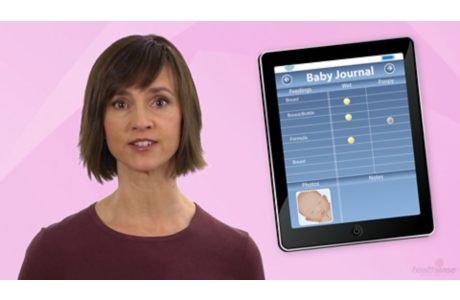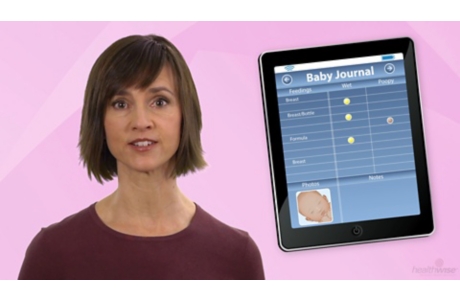Language Development in Newborns
Overview
Speech and language lessons start in the uterus. Your developing baby hears and responds to familiar voices. Soon after birth, your baby prefers and responds more to the mother's voice than to any other. And your newborn can recognize whether sounds are part of his or her native language.
Your newborn learns language by listening to the basic and distinct sounds (phonemes), such as the "tr" and "cl" sounds in the English language. Your baby remembers sounds and continually learns more nuances of language. These are later expressed when he or she starts to talk.
Babies learn language skills through frequent interaction, such as reading and being talked to. Newborns respond to "baby talk." This is a higher-pitched, slower speech with emphasis placed on alternating words. Most parents instinctively speak this way to their newborn. Over time, they start to incorporate normal speech patterns and pitch.
You provide comforting contact when you read to your baby. Forming a reading routine early helps make future reading comfortable and fun.
Related Videos
Current as of: October 24, 2024
Author: Ignite Healthwise, LLC Staff
Clinical Review Board
All Ignite Healthwise, LLC education is reviewed by a team that includes physicians, nurses, advanced practitioners, registered dieticians, and other healthcare professionals.
Current as of: October 24, 2024
Author: Ignite Healthwise, LLC Staff
Clinical Review Board
All Ignite Healthwise, LLC education is reviewed by a team that includes physicians, nurses, advanced practitioners, registered dieticians, and other healthcare professionals.










